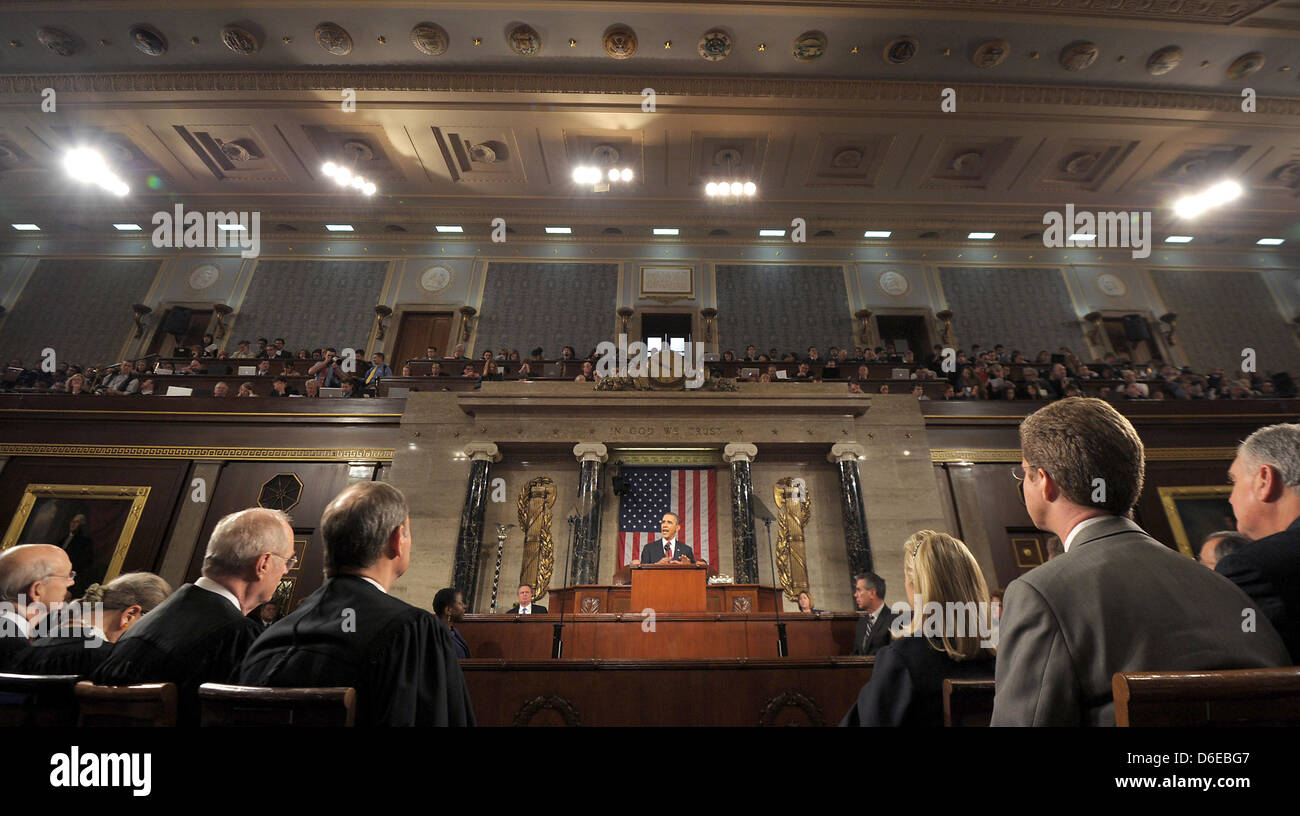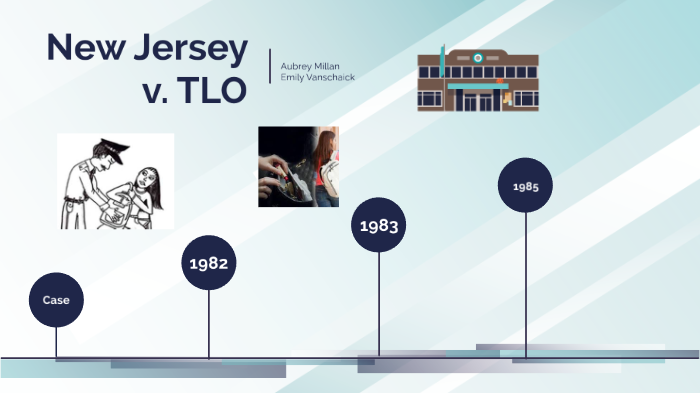In 1985, the U.S. Supreme Court delivered a landmark decision in New Jersey v. T.L.O., which redefined the balance between student privacy and school authority. This case remains a cornerstone in understanding how the Fourth Amendment applies to public school officials and the standards for conducting searches on students.
The Background of the Case
T.L.O., a 14-year-old high school student in New Jersey, was caught smoking in the school bathroom by a teacher. The teacher reported the incident to a school administrator, who questioned T.L.O. and her friend. While the other student admitted to smoking, T.L.O. denied it. The administrator then accused her of lying and searched her purse. Inside, he found cigarettes, rolling paper, a small plastic bag containing a grass-like substance, and other items that suggested drug use.
The administrator contacted the police, and T.L.O.’s mother brought her to the station, where she confessed to selling marijuana. The Juvenile Court denied T.L.O.’s motion to suppress the evidence, finding her delinquent and placing her on probation.
The Legal Questions

The key issue before the Supreme Court was whether the Fourth Amendment applied to searches conducted by public school officials. Specifically, the Court considered:
- Whether the Fourth Amendment’s protection against unreasonable searches and seizures extended to public school officials.
- What standard should be used to assess the reasonableness of such searches.
The Supreme Court’s Decision

In a 6-3 decision, the Court held that the Fourth Amendment does apply to public school officials. However, the Court did not require a warrant or probable cause for school searches. Instead, it established a “reasonableness” standard based on two factors:
- Was the search justified at its inception? This means the school official must have had reasonable suspicion that a student had violated a school rule or law.
- Was the search as actually conducted reasonably related in scope to the circumstances that justified the initial interference? This ensures that the search does not go beyond what is necessary.
Applying this test, the Court found that the administrator’s search of T.L.O.’s purse was reasonable. The initial suspicion that T.L.O. had been smoking provided a basis for the search. The discovery of rolling paper further justified the continued search, as it indicated potential drug use.
The Reasoning Behind the Ruling
The Court reasoned that public school officials act as agents of the state, not just surrogates for parents. Therefore, their actions are subject to constitutional scrutiny. However, the Court also acknowledged that schools have unique needs to maintain order and discipline. As such, the standard for school searches is less strict than for law enforcement.
Justice White, writing for the majority, emphasized that students have some expectation of privacy but that this must be balanced against the school’s interest in a safe and orderly environment. The Court also noted that the exclusionary rule (which bars illegally obtained evidence from being used in court) does not automatically apply in juvenile cases unless there is a clear violation of constitutional rights.
The Dissent and Concurring Opinions

Several justices expressed differing views. Justice Brennan, joined by Justice Marshall, argued that the search was unreasonable and that the evidence should have been suppressed. They believed that the probable cause standard, rather than reasonable suspicion, should apply in school settings.
Justice Stevens, in his concurrence, criticized the majority for not addressing the core issue of whether the exclusionary rule applies to school searches. He argued that the search was not justified at its inception, as the administrator had no reason to believe T.L.O.’s purse contained evidence of criminal activity.
The Legacy of New Jersey v. T.L.O.

The New Jersey v. T.L.O. decision has had a lasting impact on school policies across the United States. It established that school officials can conduct searches without a warrant if they have reasonable suspicion, but they must ensure that the search is not overly intrusive.
This case also highlighted the tension between student privacy and school authority. While schools have a responsibility to maintain discipline, they must do so in a manner that respects students’ constitutional rights.
Implications for Schools and Students
School administrators must now carefully consider the justification for any search they conduct. They should document their reasons for suspecting a violation and ensure that the search is limited to what is necessary. Students, on the other hand, should be aware of their rights and understand that while they have some privacy, it is not absolute in a school setting.
The decision also underscores the importance of legal representation for students facing disciplinary action. An experienced attorney can help challenge searches that may be deemed unreasonable and protect a student’s rights.
Conclusion
New Jersey v. TLO remains a pivotal case in the intersection of education and constitutional law. It reaffirmed the applicability of the Fourth Amendment to school officials while recognizing the unique challenges schools face in maintaining order. The ruling continues to influence how schools handle searches and how students navigate their rights within the educational system.
For those interested in learning more about this case, the full text of the Supreme Court’s decision is available online through the Oyez Project.
Meta Title: US Trending News: Understanding New Jersey v TLO
Meta Description: Explore the landmark case New Jersey v TLO and its implications on student privacy and school authority. Stay updated with the latest news.
Author: Jane Doe
Title/Role: Legal Analyst
Credentials: With over a decade of experience in constitutional law, Jane Doe has written extensively on landmark Supreme Court decisions and their impact on American society.
Profile Link: About Jane Doe
Sources:
– Oyez – New Jersey v. TLO
– U.S. Supreme Court – New Jersey v. TLO
– Legal Information Institute – Fourth Amendment
Internal Links:
– Understanding the Fourth Amendment
– The Role of School Administrators
– Student Rights in Public Schools
Featured Snippet:
New Jersey v. TLO is a landmark Supreme Court case that established that the Fourth Amendment applies to public school officials, allowing them to conduct searches of students if they have reasonable suspicion of a violation.
Call to Action:
Stay updated with the latest news and legal developments. Explore today’s headlines to stay informed.











More Stories
US Trending News: The History and Legacy of Zoo York in Streetwear Culture
Understanding ‘You Got That Right’ in The New York Times: Context and Implications
US Trending News: What Are Winter Bones? A Guide to the Seasonal Trend in Bone Health